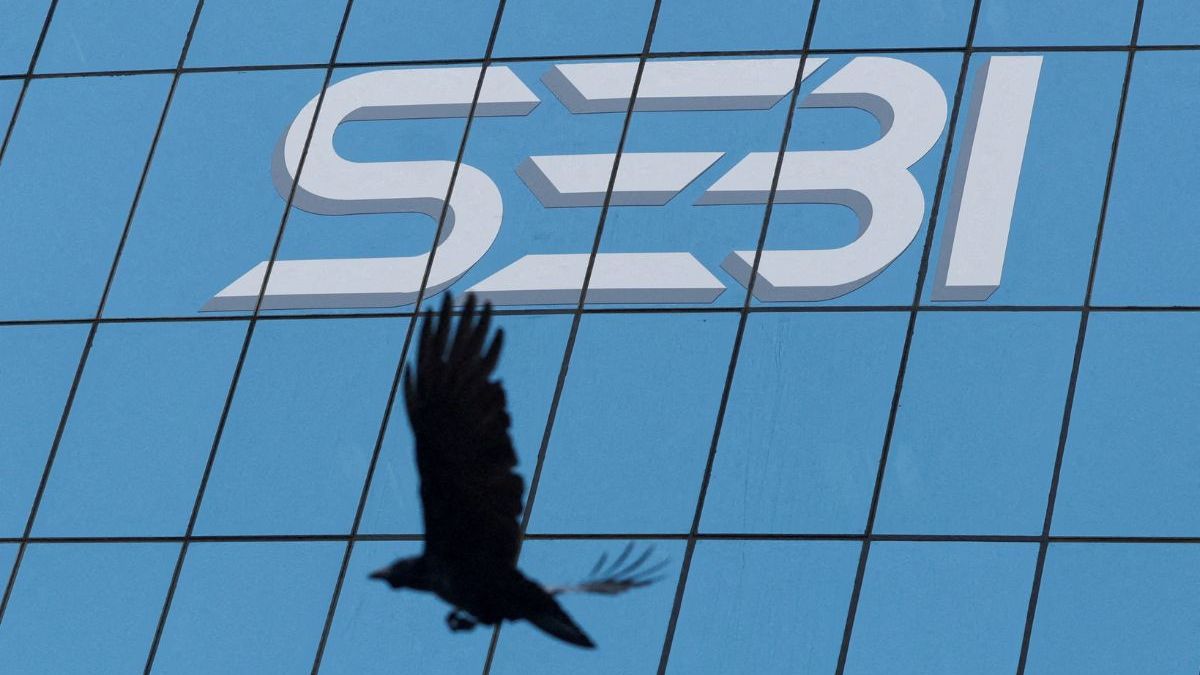In a sweeping change to investor rights and the distribution of proceeds from investments, the Securities and Exchange Board of India (SEBI) amended the rules surrounding Alternative Investment Funds (AIF).
AIFs are privately pooled investment devices that collect investor funds and invest under a defined policy. They are similar to Mutual Funds, but these private funds do not come under the jurisdiction of any regulatory agency in India, as per the SEBI website.
According to the amendment to AIF rules, investors are granted rights and proceeds distribution in proportion to their commitments in a scheme. Simply put, both risks and rewards from AIF investments will now be as deep as the contributions of the investor.
This brings more clarity to AIFs as investment options and ensures fair treatment of investors. "The investors of a scheme of an AIF shall have rights, pro-rata, to their commitment to the scheme, in each investment of the scheme and in the distribution of proceeds of such investment, except as may be specified by the Board from time to time," said SEBI in a statement earlier this week.
India's market watchdog also stressed that IAF investor rights "shall be pari-passu in all aspects provided that differential rights may be offered to select investors of a scheme of an AIF in the manner as may be specified by the Board, without affecting the interest of other investors of the scheme."
SEBI also clarified that such pro-rata rights could be given to certain investors without affecting the interest of other investors in the scheme. However, the body also exempted Large Value Funds from ensuring pari-passu rights among its investors, subject to a waiver provided by each investor.










